Iran Rejects Direct Talks with U.S., Calls Threats ‘Meaningless Diplomacy’
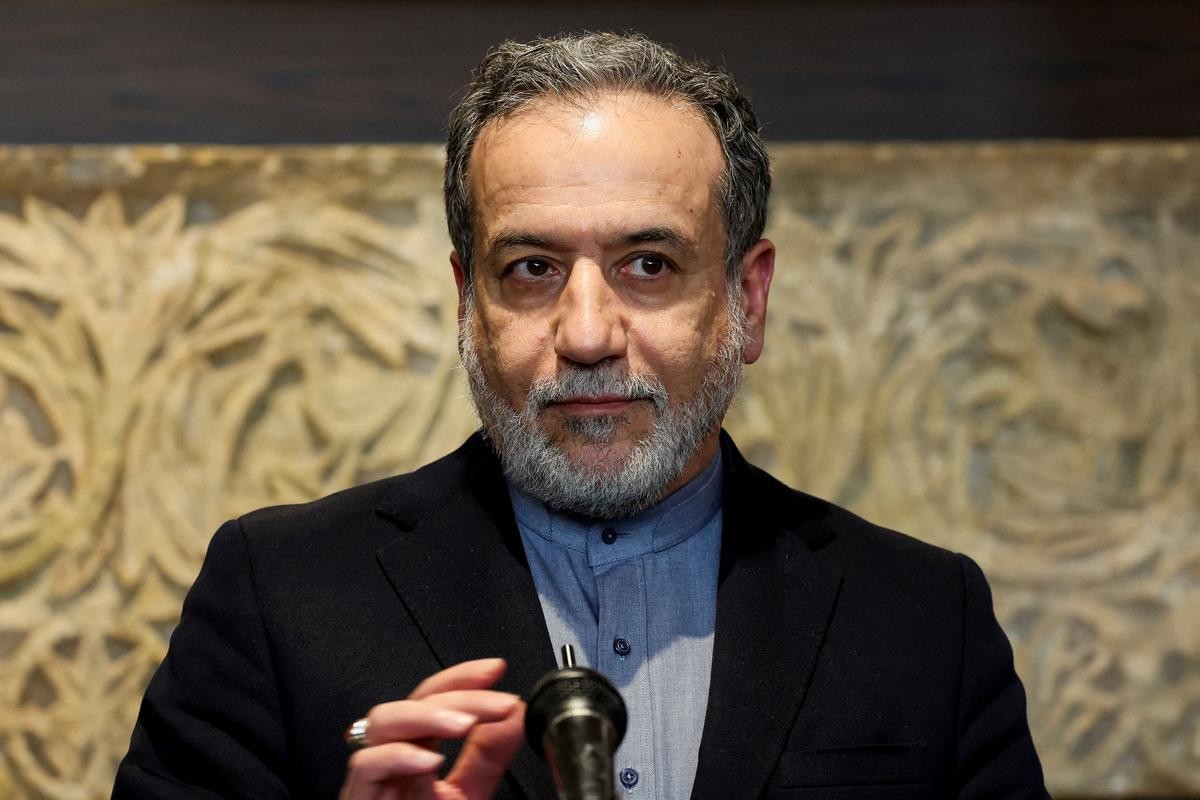
Tehran — Iranian Foreign Minister Abbas Araghchi on Sunday dismissed the possibility of direct negotiations with the United States, calling them "meaningless" in light of continued threats from Washington.
The statement comes after U.S. President Donald Trump reiterated his preference for direct dialogue with Iran to resolve tensions surrounding its nuclear programme. Last Thursday, Trump argued that direct talks would be more effective, saying, “I think it goes faster, and you understand the other side a lot better than if you go through intermediaries.”
However, Araghchi strongly rejected the notion, stating that “direct negotiations would be meaningless with a party that constantly threatens to resort to force in violation of the UN Charter and expresses contradictory positions through its officials.” The foreign minister added that Iran remains committed to diplomacy but prefers indirect negotiations.
“Iran keeps itself prepared for all possible or probable events,” he said, “and just as it is serious about diplomacy, it is equally serious and determined in defending its national interests and sovereignty.”
Iranian President Masoud Pezeshkian also commented on the issue Saturday, expressing a willingness to engage in dialogue with the U.S. “on equal footing.” He questioned the credibility of Washington’s diplomatic approach, asking, “If you want negotiations, then what is the point of threatening?”
Rising Tensions Over Iran’s Nuclear Programme
Western nations, led by the United States, have long accused Iran of seeking nuclear weapons — an allegation Tehran continues to deny, insisting its programme is purely for civilian use.
On Saturday, the head of Iran’s Islamic Revolutionary Guard Corps (IRGC), Hossein Salami, said the country was prepared for military confrontation. “We are not worried about war at all. We will not be the initiators of war, but we are ready for any war,” the IRNA state news agency quoted him as saying.
Tensions have steadily escalated since the U.S. unilaterally withdrew from the 2015 nuclear deal — formally known as the Joint Comprehensive Plan of Action (JCPOA) — during Trump’s first term in 2018. The agreement had offered Iran relief from international sanctions in exchange for verifiable limits on its nuclear programme.
Following the U.S. withdrawal and reimposition of sanctions, Iran began rolling back its commitments under the deal and ramped up its nuclear activity.
On Monday, Ali Larijani, a senior adviser to Supreme Leader Ayatollah Ali Khamenei, issued a stark warning. While reaffirming that Iran does not seek nuclear weapons, he stated that in the event of an attack, Iran would "have no choice but to do so.”



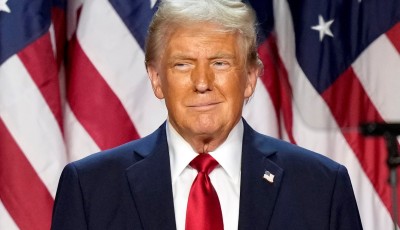

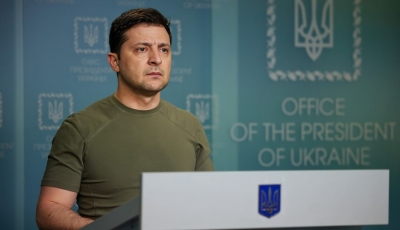




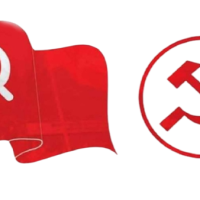
_8.png)





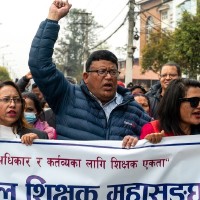


तपाईको प्रतिक्रिया दिनुहोस